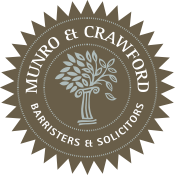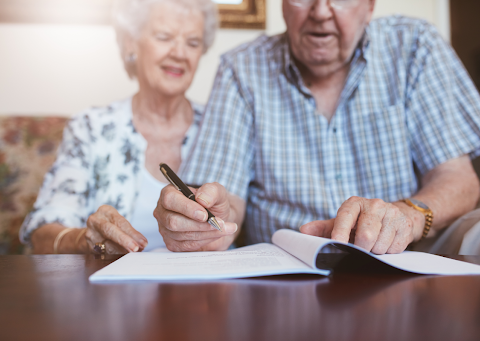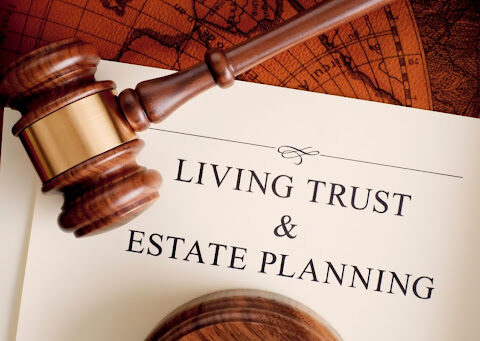Gifting property to your children while you’re alive can be a meaningful gesture and, in some cases, a strategic estate planning move. In British Columbia, this decision carries both benefits and risks. While it may help simplify your estate or reduce probate fees, it can also trigger tax consequences or create complications if not handled…
Estate planning isn’t just about deciding who gets what, it’s about preserving your wealth, minimizing taxes, and ensuring your wishes are honoured. There are several tax obligations that can affect your estate before assets are passed on to your loved ones. Understanding these obligations, and how to reduce them, is key to protecting your legacy….
An Alter Ego Trust is a special type of trust available to Canadians aged 65 or older. It allows you to transfer assets into a trust while still retaining full control and benefit of them during your lifetime. Alter Ego Trusts are often used for estate planning because they offer privacy and probate advantages….
A Power of Attorney (POA) is a crucial legal document that allows someone you trust to manage your legal and financial affairs if you become unable to do so yourself. In British Columbia, setting up a POA is an important step in your estate and incapacity planning. Here’s what you need to know about Powers…
When someone creates a Will or a trust, they are considered to have the free will and mental capacity to make their own decisions about what happens after their death.
There are a myriad of myths and misconceptions around estate planning. Understanding the intricacies of estate planning is essential to ensure the orderly distribution of assets and protecting the security of your loved ones. Here are some of the most common estate planning myths you should know about. Get Estate Planning Help Myth 1:…
If you are interested in charitable giving in your will, it is important to understand how to properly name a charity as a beneficiary.
What are the Responsibilities of an Estate Trustee? Your estate trustee is responsible for administering trusts, including inter vivos and testamentary trusts. This means that trustees’ responsibilities include administering the trust, executing the estate’s terms in a timely manner, and acting in accordance with the best interests of the beneficiaries. Being a trustee is a…
Pets are wonderful companions that become part of the family. Having a pet can provide people with a sense of purpose, decrease loneliness, and can improve quality of life for those who are aging or ill. However, many people do not know how to plan for their pets’ care after they are gone. Options…
What is a Living Trust? A trust allows you to provide financially for dependents or other loved ones, such as children or grandchildren. A trust can be set up in various ways, depending on your individual needs and preferences. One of the most common types of trust is called a “living trust.” A living trust…









